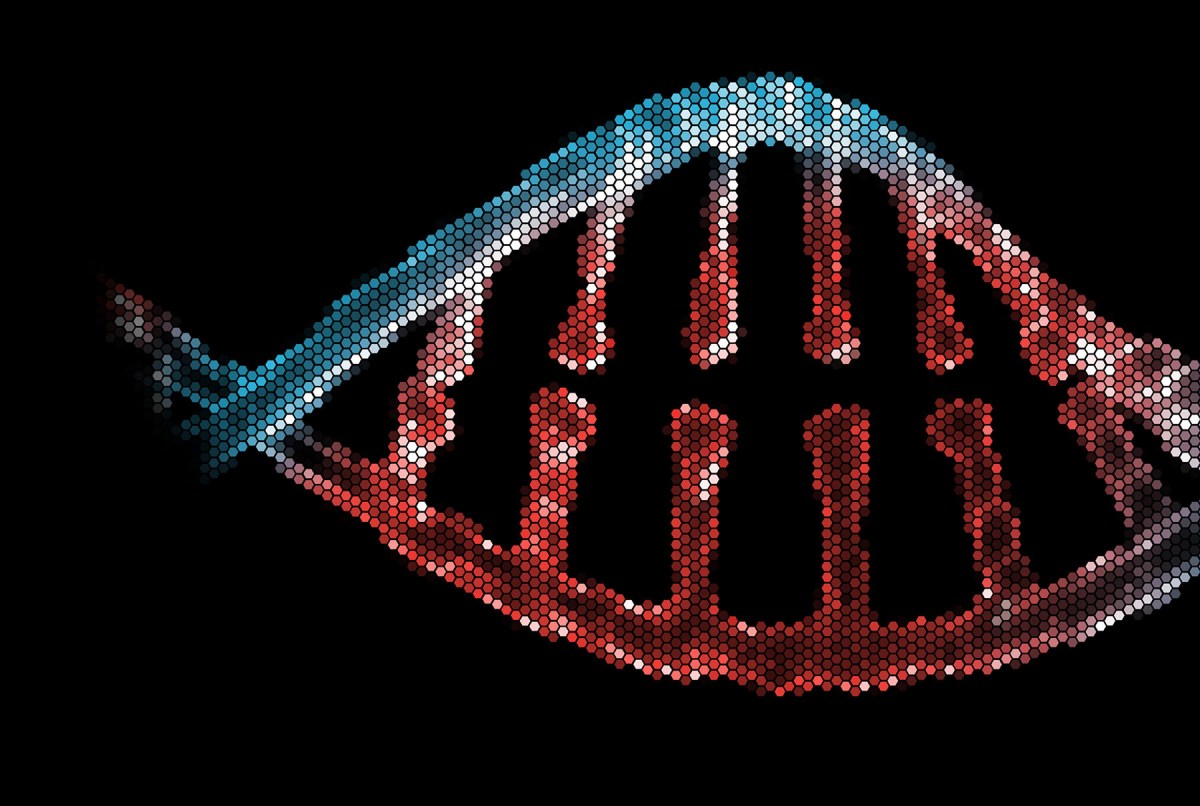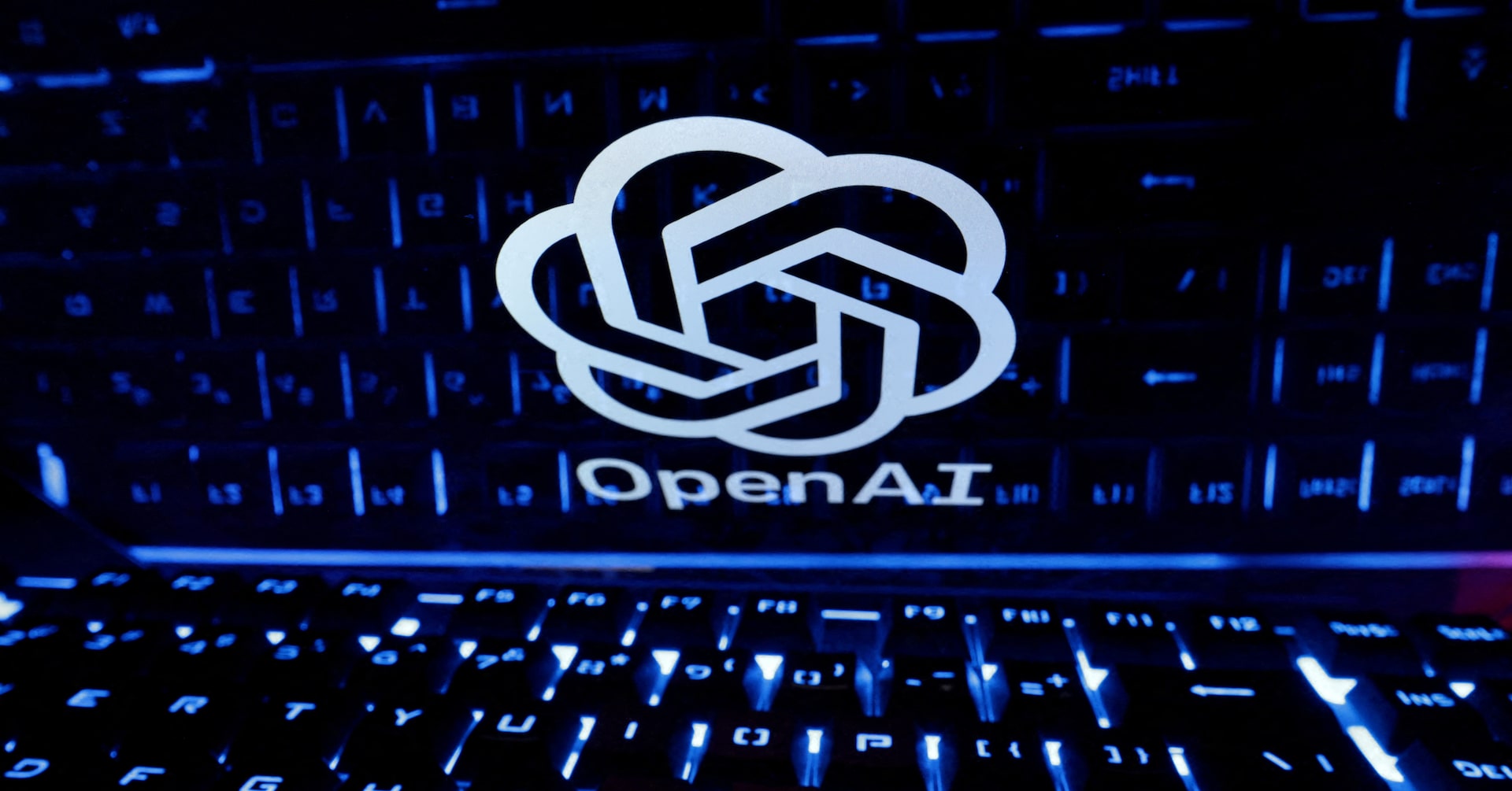
FutureHouse, a nonprofit dedicated to advancing scientific research through artificial intelligence and other cutting-edge technologies, has announced the preview of its new AI-powered platform, Finch. Backed by former Google CEO Eric Schmidt, the initiative aims to bring transformative changes to the field of biology through data-driven discovery methods.
Finch is designed to assist life scientists in interpreting complex biological data at a scale not previously achievable, leveraging advanced AI and machine learning algorithms. The platform represents a strategic move toward decentralizing and democratizing access to powerful computational biology tools, allowing researchers from various institutions to access sophisticated models for understanding biological systems.
According to FutureHouse, Finch integrates vast databases of biological information and uses AI to identify patterns, generate hypotheses, and suggest experimental directions. This could accelerate the pace of discoveries in areas ranging from genomics and proteomics to drug discovery and personalized medicine.
Supported by a multidisciplinary team of scientists and engineers, Finch is currently being previewed to select research institutions and partners. The tool is expected to be refined based on user feedback before a broader release. The goal, FutureHouse officials say, is to foster open and collaborative biological research that spans academia, industry, and public sector research organizations.
Schmidt, who has increasingly turned his focus to technology-driven science and national innovation since stepping down from Google leadership, sees FutureHouse as a key player in catalyzing American scientific competitiveness through investments in enabling technologies like AI.
In sum, the introduction of Finch signals an important milestone in leveraging AI to tackle some of the most complex questions in biology, with the potential to accelerate innovation and discovery in ways previously considered out of reach for even well-resourced research institutions.
Source: https:// – Courtesy of the original publisher.








